Performing Arts
Tillie Leblang
Tillie LeBlang was known as a businesswoman, philanthropist, and mother. With her husband and daughters, LeBlang created a multi–million–dollar box office that transformed the way Broadway shows sold tickets. When her husband, Joseph, died in 1931, she took control of the family business and continued to manage it until just a few months before she died.
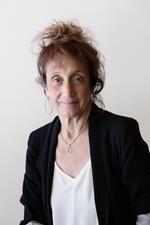
Liz Lerman
A dancer, choreographer, educator, writer, and collaborator, Liz Lerman is among the dance field’s prominent public intellectuals, bringing deeply researched ideas about dance and community across fields as diverse as genetics, history, ethics of justice and reconciliation, and the science and religion of the origins of the universe. She draws consciously on the Jewish value of tikkun olam—healing the world—in her work.
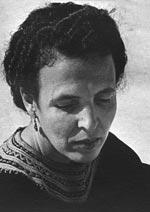
Sara Levi-Tanai
Sara Levi-Tanai was the founder, choreographer, and artistic director of the Inbal Dance Theater. With an original style, she established a unique dance theater that combined the East and West and the early history of the Nation of Israel with the present, as well as creating a new language of movement in the world of dance that is called “the Inbal language.”

Sonya Levien
From the silent movie era through 1960, Sonya Levien crafted over seventy films ranging from the 1939 Hunchback of Notre Dame to the screen adaptation of Oklahoma! Levien was one of Hollywood’s highest-paid and most highly sought screenwriters, known for her ability to adapt any story quickly and to fix an ailing script.
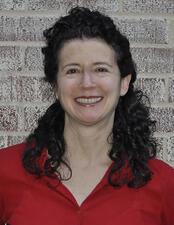
Susan Levitas
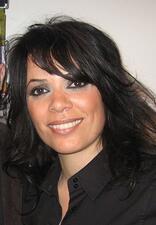
Yasmin Levy
Hassia Levy-Agron
According to the judges who in 1998 awarded her the Israel Prize in the field of dance, Professor Hassia Levy-Agron was remarkable for her artistic and educational contributions over the previous fifty years, as a dancer, choreographer, teacher, and educator who produced many generations of dancers, creators of dance, and dance teachers.
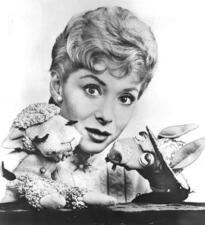
Shari Lewis
Irene Lewisohn
Irene Lewisohn was a Jewish philanthropist whose devotion to the arts led to the formation of the Neighborhood Playhouse and the Museum of Costume Art (now part of the Metropolitan Museum of Art). Her involvement in these and other social and philanthropic activities make her an important figure in New York’s cultural history.
Bella Lewitzky
Bella Lewitzky, a maverick in the world of modern dance, distinguished herself as a preeminent performer, choreographer, artistic director, educator, public speaker, and civic activist. Defying norms that posited New York City as the center of American dance, she maintained the Lewitzky Dance Company in Los Angeles. She was known for two highly publicized encounters with the federal government and risking professional ostracism to stand upon principle.
Rosina Lhévinne
Rosina Lhévinne was one the most noted pianists of the last century, though she dedicated the majority of her career to teaching and supporting the career of her husband. One of the last artists in the nineteenth-century Russian pianistic tradition, she taught some of the most famous musicians of the 20th century at The Julliard School in New York.
Mischket Liebermann
Mischket Liebermann was an actress who was an active member of the KPD (Communist Party of Germany). Known for her roles in Scholem Asch’s Bronx Express and Ernst Toller’s Hoppla, Liebermann performed throughout Germany and the Soviet Union. After 1945, she participated in the cultural reconstruction of East Germany.
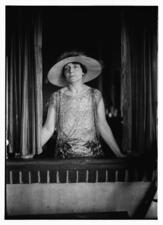
Estelle Liebling
Estelle Liebling was a talented opera singer who performed at the Dresden Royal Opera House and the Metropolitan Opera and toured through the United States and Europe. She trained popular and Metropolitan Opera singers at her studio in New York for fifty years and wrote books on vocal training and compositions for piano and voice.

Eliana Light
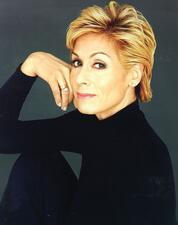
Judith Light

Clara Lipman
Charlotte Lipsky
Charlotte Schacht Lipsky found an unusual balance between activism and pragmatism: on one hand, a follower of the revolutionary Emma Goldman, on the other, the owner of a successful interior decorating business. In her later years, she was involved in Hadassah and the Women’s American ORT, an organization that taught trade skills to Jews around the world.
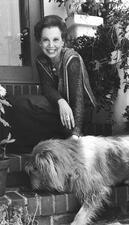
Myra Cohn Livingston
Both through her poetry and her teaching, Myra Cohn Livingston inspired children to explore the music of language. She eventually wrote more than twenty collections of as well as several books on writing poetry, serving as an inspiration for students to enjoy poetry.
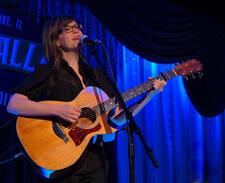
Lisa Loeb
Frieda Lorber
Frieda Levin Lorber made a name for herself as a prominent lawyer in the mid twentieth century and helped other women rise in the profession in New York and worldwide.
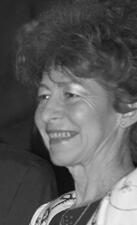
Marceline Loridan-Ivens
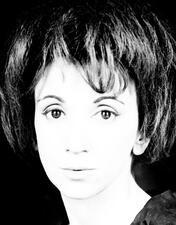
Judith Malina
Judith Malina was an actress, director, and producer who dedicated her life to creating avant-garde, politically charged theater works, and activism. She co-founded the experimental Living Theatre company with her husband; was involved in the antiwar movement, Women Strike for Peace, and the Industrial Workers of the World; and won many honors and awards for her acting and directing work.
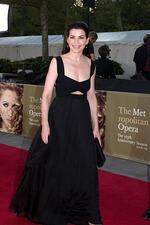
Julianna Margulies
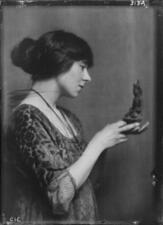
Fania Marinoff
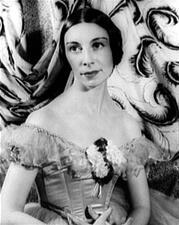
Alicia Markova
Dame Alicia Markova, Britain’s first and the first Jewish prima ballerina, combined amazing technique and personal strength with tremendous artistry to become one of the finest classical dancers of her generation. Through her touring and early recognition of the power of mass media, she was also one of ballet’s greatest ambassadors in the mid-twentieth century. Markova extended her legacy through choreography, teaching, and commitment to coaching the next generation of dancers.


